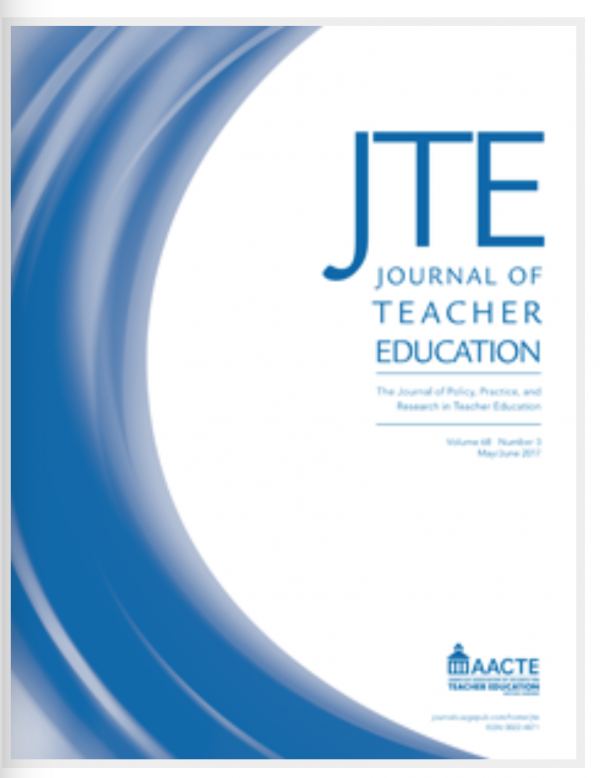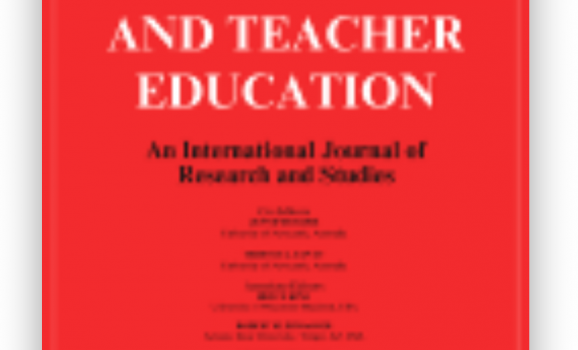Community-Based Placements as Contexts for Disciplinary Learning: A Study of Literacy Teacher Education Outside of School

Community-based field placements have shown promise as a strategy for preparing teacher candidates to work in diverse, high-needs schools, but they have rarely been designed or researched with subject-area methods learning in mind. Drawing on data from observations, interviews, documents, and journals, the author investigated how placements in two case study community-based organizations (CBOs) shaped candidates’ learning about literacy and literacy pedagogy. Using cultural historical activity theory as an analytic framework, the author found that contextual components in CBO activity systems guided teacher candidates to take up more complex theories of literacy, demonstrate unusual proficiency in engaging language-minority students in text-based conversations (a critical strategy for promoting reading and language development), and leverage teacher–student–family relationships in ways that enhanced pupils’ literacy engagement and learning experiences. Findings highlight implications (related to literacy and other skill/subject areas) for prospective pupil learning, course-based mediation of community-based fieldwork, and placement site selection.
Resources also tagged Partnerships

Roles of Urban Indigenous Community Members in Collaborat...
2013

Competing Views of Teaching in a School-University Partne...
2013

